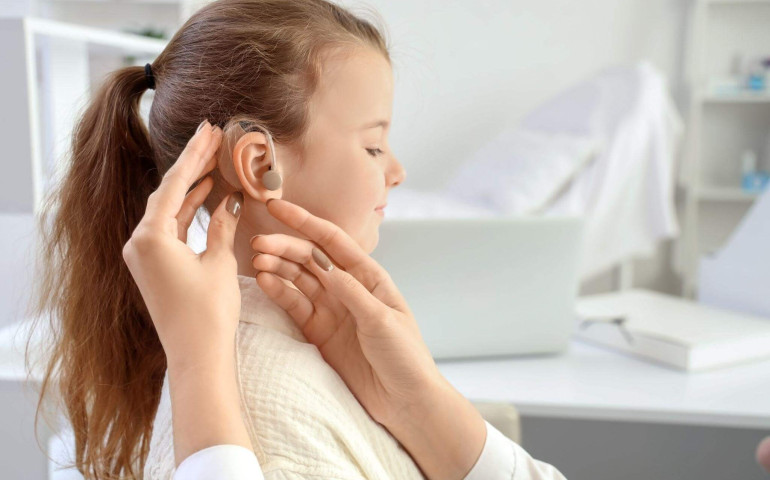Respiratory conditions can be scary. Not only can they come on acutely and urgently, but they can also last much longer than anticipated and have wide-reaching effects that many people may not know about. One of those effects is tinnitus.
While that seems like a foreign and terrifying word, it is actually used to describe ringing in your ears even when no other sounds are happening. Tinnitus can occur in response to aging or as a consequence of consistently loud noises, such as music or machinery at work. In addition, certain medical conditions, like upper respiratory infections, can worsen hearing conditions and lead to tinnitus. Resolving these issues is crucial for regaining your hearing abilities.
What is Tinnitus
Tinnitus is best described as a ringing in your ears. This may be in one or both ears. It also can be a constant sound, or it can come and go. This issue can affect up to 20% of people and can signal a deeper problem.
Earwax plays a vital role in ear health and hearing function. Think of it as the gatekeeper always standing guard. Bacteria come in, the earwax traps it, and then washes it away. The trouble comes when there is a build-up of earwax or other pressures. This can damage the tiny hairs in your ears and disrupt the electrical processes involved with hearing function.
Connection with Respiratory Infection
There are several causes of tinnitus, and in some cases, the reason may not be precisely pinpointed; however, the role of respiratory infections is well-known. Conditions like sinus infections and upper respiratory infections all cause increased inflammation and pressure in the passageways around your ears. This pressure is similar to having too much wax build-up. Your body's ability to flush out bacteria is further impeded and can lead to severe complications.
Treatment Options
The first line of treatment for tinnitus is to see a health or hearing specialist. They can do a full evaluation and diagnose an upper respiratory infection. They can also prescribe medications, such as antibiotics, to reduce the pressure build-up in your ears. In addition, they can also assist you with flushing your ears to remove excess earwax. Lastly, your hearing specialist can give you suggestions on how to prevent this issue in the future.
Call Us Today
Hearing issues, especially those caused by or aggravated by upper respiratory infections, should be taken care of sooner rather than later. Contact us today for more information and to see what your treatment options look like.






